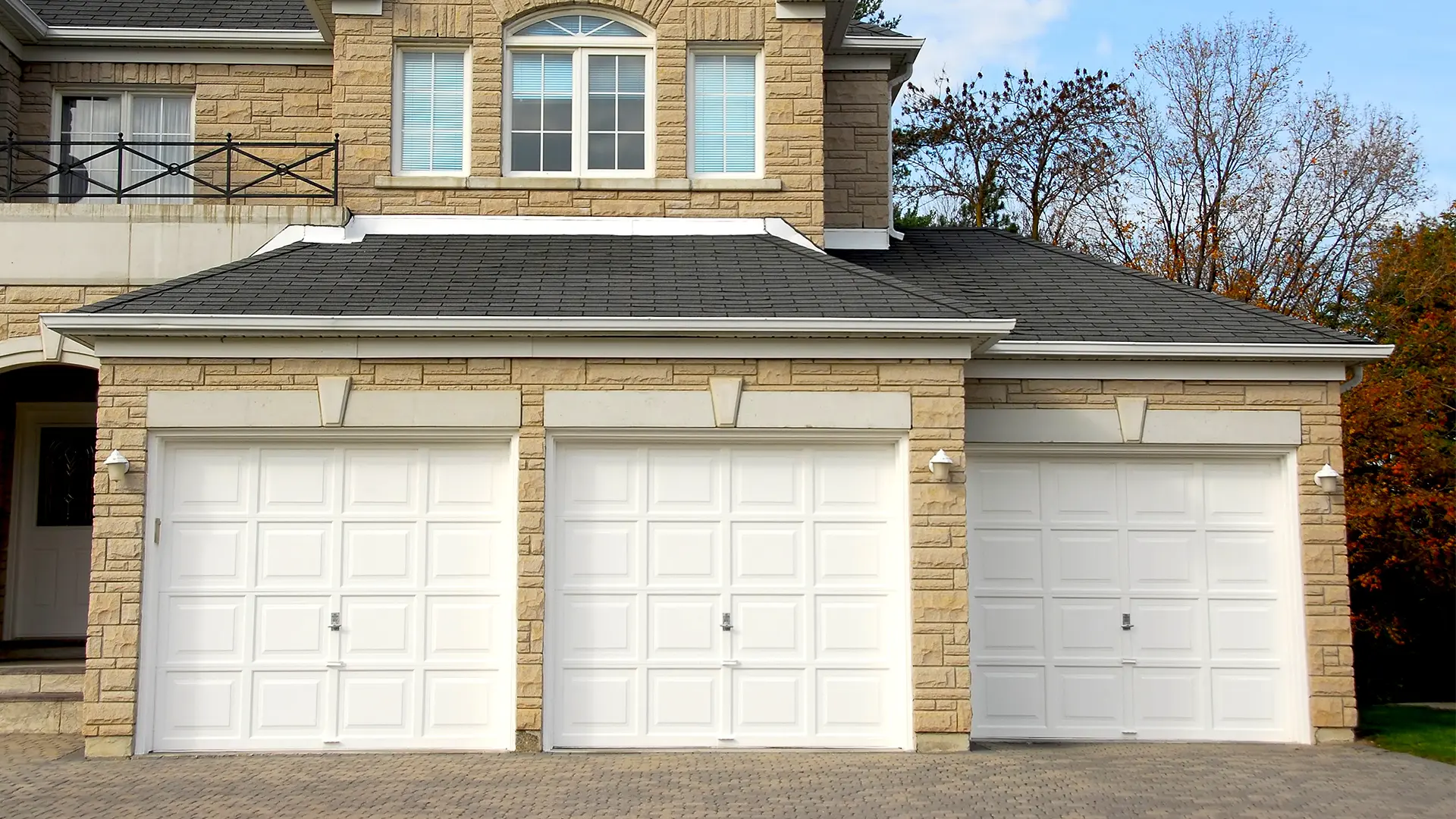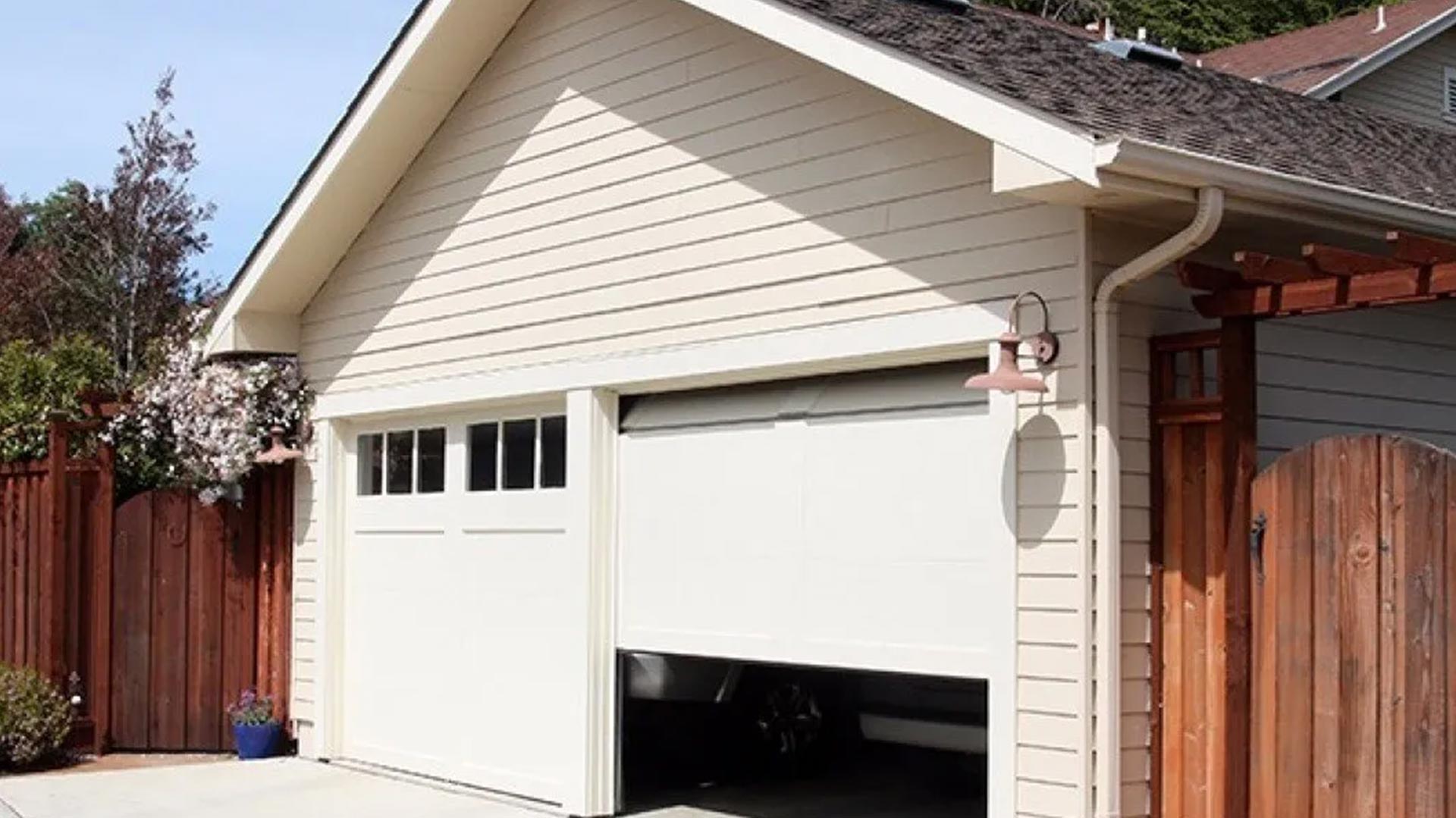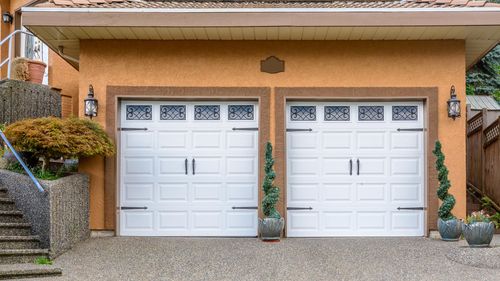What's the Average Lifespan of a New Garage Door?
When investing in a new garage door, homeowners often wonder about its longevity and what factors influence its lifespan. A garage door is not only a functional aspect of your home but also a significant investment that adds to its curb appeal and security. Understanding how long your new garage door will last can help you make informed decisions about maintenance, repairs, and potential replacements in the future.
Average Lifespan of a New Garage Door
The average lifespan of a new garage door ranges from 15 to 30 years, depending on many factors, including the quality of the materials used, the level of maintenance, the local climate, and the frequency of use. High-quality garage doors made from durable materials such as steel can last longer compared to those made from less robust materials. Regular maintenance and timely repairs also play a crucial role in extending the lifespan of your garage door.
Garage Door Material Quality
Garage door materials can have vastly different lifespans. Balancing your aesthetic preferences with material durability is critical to getting the most out of your investment. Here are some of the most common garage doors that you may be considering:
- Steel Doors – These are known for their durability and strength. A well-maintained steel garage door can last 30 years or more. They are resistant to warping, cracking, and weather damage, making them a popular choice for many homeowners.
- Wood Doors – While aesthetically pleasing, wood doors require more maintenance to prevent rot, warping, and insect damage. With proper care, a wood garage door can last 15 to 20 years.
- Aluminum Doors – These are less durable than steel but offer a modern look. They last for 20-30 years with proper maintenance.
Be sure to purchase your new garage door from a trusted manufacturer known for durable and long-lasting products.
The Importance of Garage Door Maintenance
Regular maintenance is essential for prolonging the life of your new garage door. This includes lubricating moving parts, tightening hardware, inspecting and replacing weather stripping, and checking the balance and alignment. Addressing minor issues promptly can prevent them from escalating into major problems that can shorten the lifespan of your door.
Frequency of Use
The frequency of use significantly impacts the longevity of your new garage door. A residential garage door that is used multiple times a day will experience more wear and tear than one that is used less frequently. Consider the quality of the garage door opener and its components, as these also affect the door's overall lifespan.
Local Climate Conditions
The local climate plays a significant role in determining the lifespan of a garage door. In regions with extreme temperatures, high humidity, or frequent storms, garage doors are subjected to harsh conditions that can cause materials to deteriorate faster. Choosing a garage door with weather-resistant features can help mitigate these effects.
How to Extend the Lifespan of Your Garage Door
To maximize the lifespan of your garage door, regular maintenance is key. Schedule annual inspections with a professional to ensure all components are in good working order. Clean the door's surface to prevent dirt and debris from causing damage, and apply a protective coating to shield it from the elements. Additionally, use your garage door opener as intended and avoid unnecessary strain on the door.
Do You Need a New Garage Door?
If you’re in need of a new garage door or looking to upgrade your existing one, contact Mammoth Garage Door. Our team of experts is ready to assist you with professional garage door installation services in the Fresno, California area. We’re committed to providing you with a garage door that not only meets your needs but also stands the test of time. Reach out to us today to schedule a consultation and discover the perfect garage door solution for your home.
Trusted by some of the biggest names in the business!

















